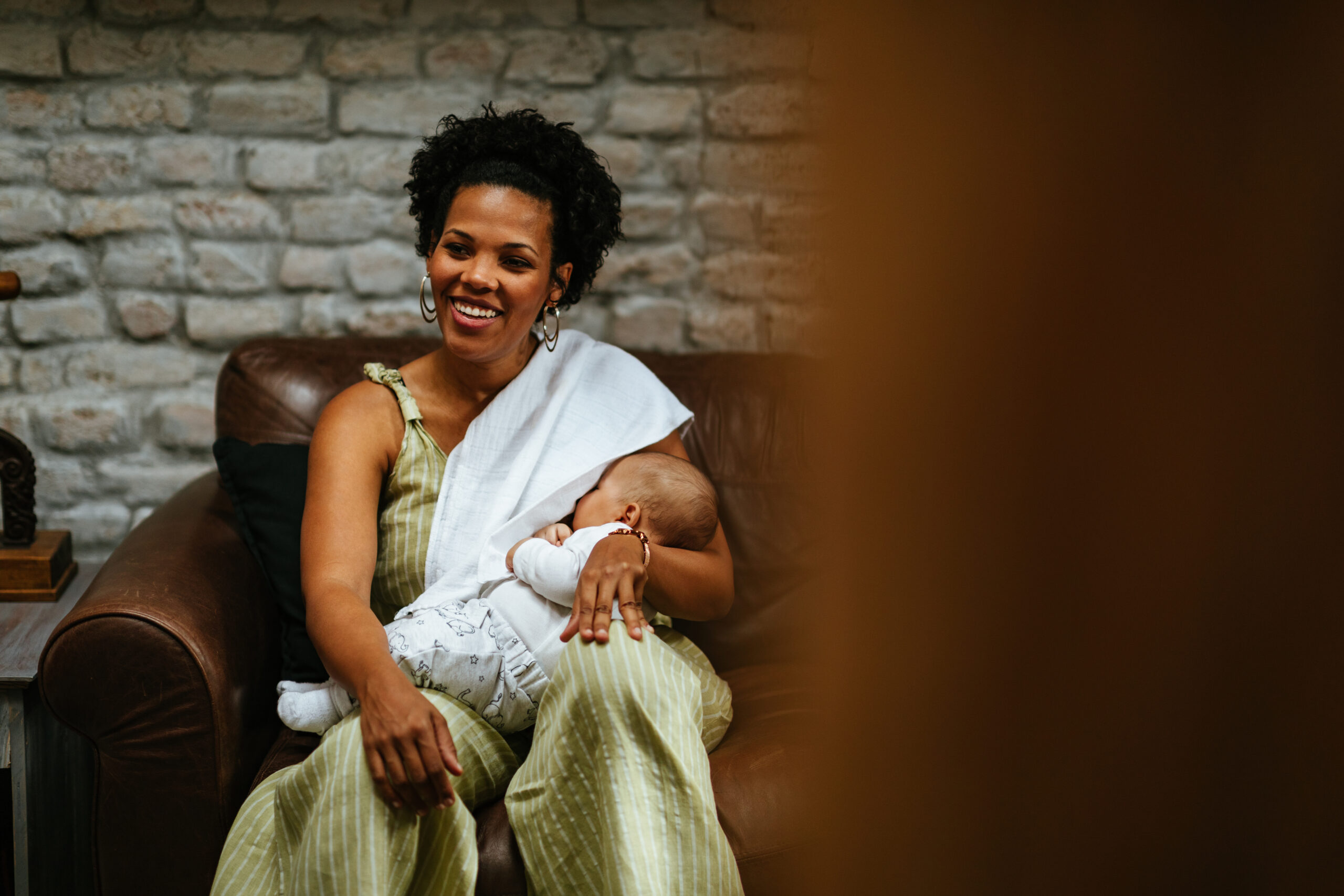The American Academy of Pediatrics (AAP) and the World Health Organization (WHO) recommend that infants be exclusively breastfed for about the first six months of their lives. However, the organizations’ recommendations differ slightly with regard to how long women should continue breastfeeding thereafter.
The AAP advises women to continue breastfeeding along with introducing appropriate complementary foods for one year or longer. The WHO echoes those sentiments while recommending that women continue to breastfeed children up to two years of age. Though such recommendations aren’t conflicting, they are different, and women who are curious about how long they should continue breastfeeding should discuss the issue with their children’s pediatrician.
While some women may not be able to breastfeed for one year, much less two, making a concerted effort to breastfeed infants can have a profound impact on the health of the child.
The Centers for Disease Control and Prevention (CDC) notes that infants who are breastfed have a lower risk of developing various conditions, including ear infections, asthma, type 2 diabetes, eczema, inflammatory bowel disease, and respiratory infections. In addition, the risk of Sudden Infant Death Syndrome is lower among infants who are breastfed than it is for infants who are fed formula.
Breast milk is the best source of nutrition for most infants. As an infant grows, breast milk changes to meet the infant’s nutritional needs. Breastfeeding also has benefits to mothers, with those who breastfeed their infants having a lower risk of breast cancer, ovarian cancer, type 2 diabetes, and high blood pressure.
Learn more about the benefits of breastfeeding, and what to expect at the CDC’s Infant and Toddler Nutrition website at cdc.gov.












